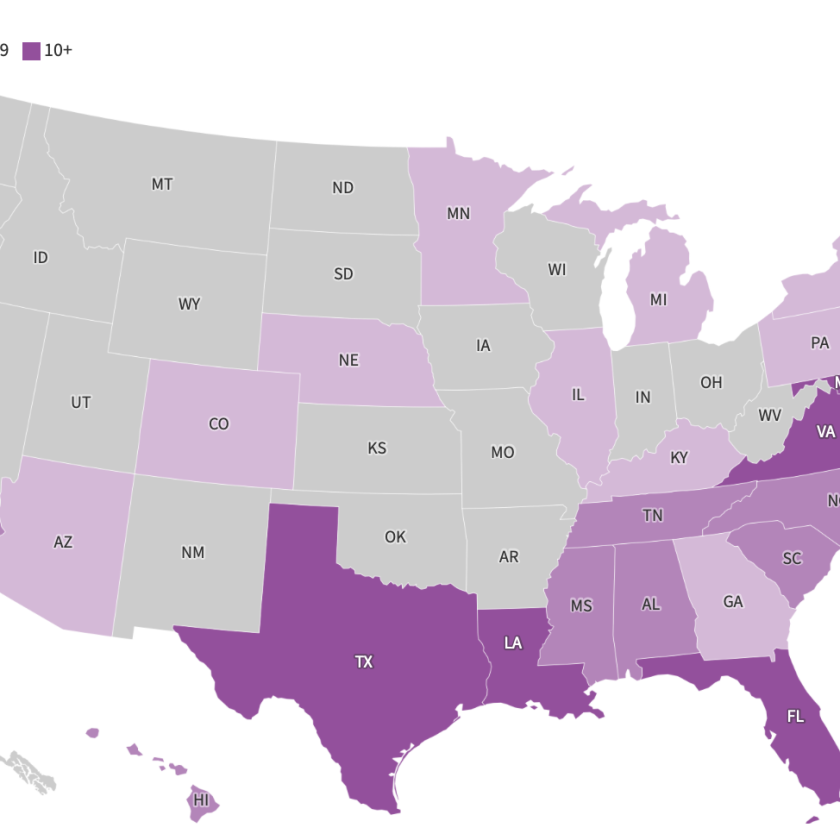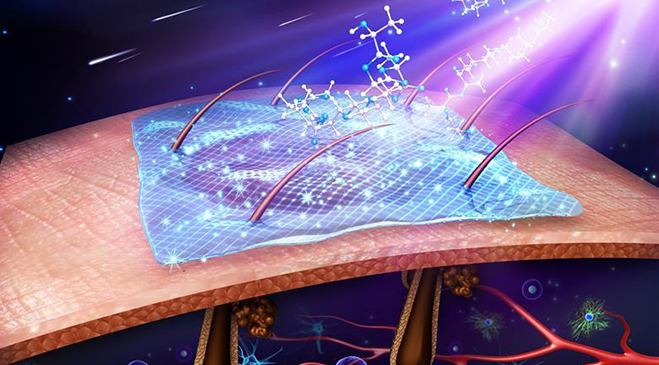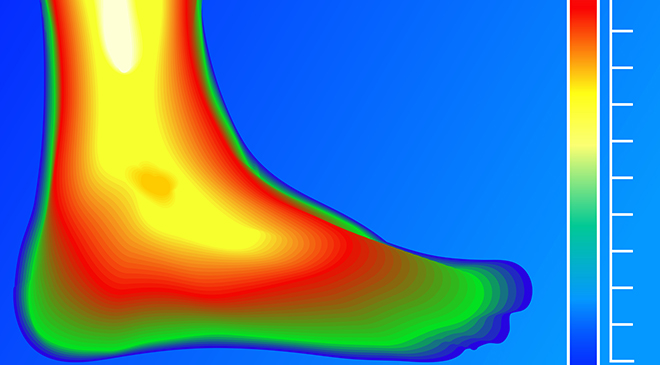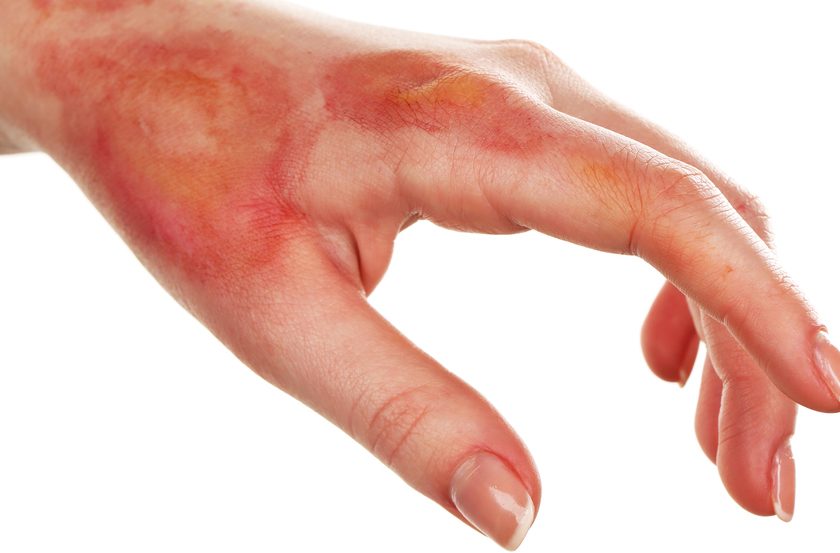Attending a professional conference can yield many benefits if you follow these 10 tips.
1 Obtain new knowledge. Conferences provide opportunities for clinicians to gain new knowledge about procedures, technology, and research. Take notes and keep handouts for reference. After you return, share what you have learned with colleagues so multiple people benefit from the conference. Remember to complete the necessary information to obtain professional continuing education (CE) credit.
2 Become certified. Conferences typically provide opportunities for attendees to take certification exams or attend sessions to prepare for exams. If you’re planning to take a certification test, obtain test blue prints at the conference or attend a pre- or post-conference session that focuses on the certification exam. If you’re ready to test, sign up before the conference so you can become certified while you’re away.
3 Visit the exhibitors. Exhibitors display their products and services at conferences. Scheduled exhibit sessions allow attendees to explore new equipment, computer programs, textbooks, and many other products. Use this time to meet the exhibitors and learn more about their products and services; pick up some fun materials, such as free pens, highlighters, and sticky notes; and register to win free drawings. Many exhibitors now also offer CE sessions.
4 Network. Professional conferences draw international and national colleagues to one location. This collective venue allows for networking with experts in the fields of education, administration, and clinical practice. For example, meeting a speaker who is presenting a conference session on a topic that is similar to your work interest can provide information about ways to implement a new teaching strategy or an administrative policy or to conduct research. These opportunities also may lead to collaborative work projects in the future. Networking can occur during conference sessions such as poster and oral presentations, during meal times, or even during nonconference time. Remember to pack business cards to share with others and take advantage of having the chance to interact with experts throughout the trip.
5 Serve on committees. Attending conferences not only allows for networking but provides opportunities for clinicians to serve on committees within a professional organization. Committee positions are typically elected by members of the professional organization. Once elected, clinicians usually meet to complete or review committee work during conference time. Committee service allows you to collaborate with other colleagues and can help you grow professionally.
6 Take advantage of “think time.” Conferences provide time for you to generate new ideas for research, teaching, administration, or clinical practice by taking you away from daily work demands and giving you time to consider new ideas. These ideas may occur during a conference session or during travel or down time. Take advantage of this “think time” by creating a new “to do” list of work projects to complete in the future. Make the list at the conference while the ideas are fresh and before daily work interferes. When you return from the conference, remember to review the list and assign due dates so that the ideas remain clear and the work projects are completed.
7 Catch up on work. Conferences provide some uninterrupted time to catch up on work. Down time that occurs between conference sessions, during travel, or throughout the day can give clinicians time to complete work. You can use this time to grade papers, complete reports, or check email. Using down time productively helps you avoid feeling “behind” after the conference.
8 Rejuvenate, rest, and relax. It’s easy for clinicians to become overwhelmed with daily demands and pressure from colleagues, students, or patients. Even preparing for the conference and traveling can be stressful. Once at the conference, however, you’re away from stress, so be sure to save some time to rest and relax. Take a nap, sleep slightly later in the morning, or relax with a good book. This can help to rejuvenate your spirit and restore your enthusiasm for your professional role.
9 Exercise. Most hotels provide a fitness room where guests can exercise. Take advantage of this service to help overcome jet lag and to keep up on your normal routine. Exercise is also helpful to avoid gaining weight from the added calories of dining out during the trip. Walking outside or on a treadmill may feel good after sitting through sessions during the day.
10 Play tourist. Conferences are typically held in prominent cities to foster attendance and tourism. Use this opportunity for exploring the city, shopping, or dining. Tourism information is usually included in the conference brochure. There also may be group trips to participate in even if you are traveling alone. Enjoy your location during nonconference sessions by having some tourism fun and visiting places of interest.
Consider these guidelines for a productive conference whether you have attended multiple conferences or are planning your first trip. These tips will help you to return from the conference feeling rested and filled with new knowledge, ideas, and enthusiasm. ????
Kristy S. Chunta is an associate professor for the department of nursing and allied health professions in the college of health and human services at Indiana University of Pennsylvania.
Selected reference
Rodgers K. The top 5 reasons to attend a nursing conference. Nov. 5, 2007.







